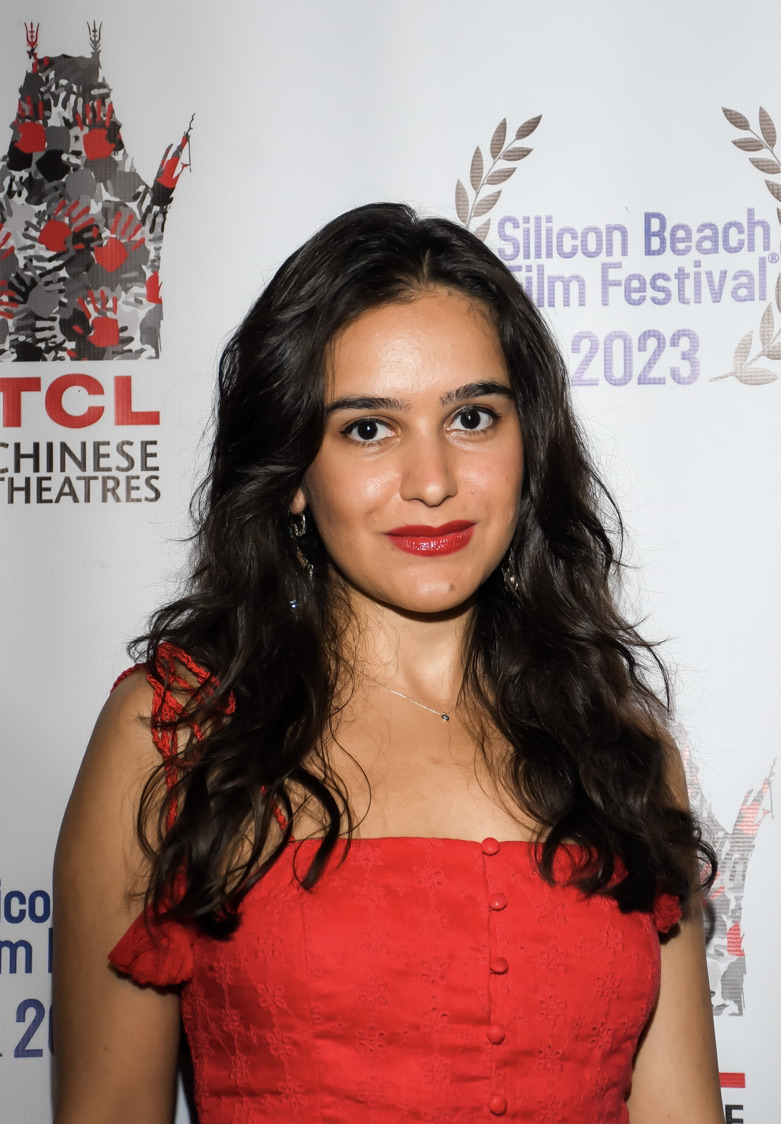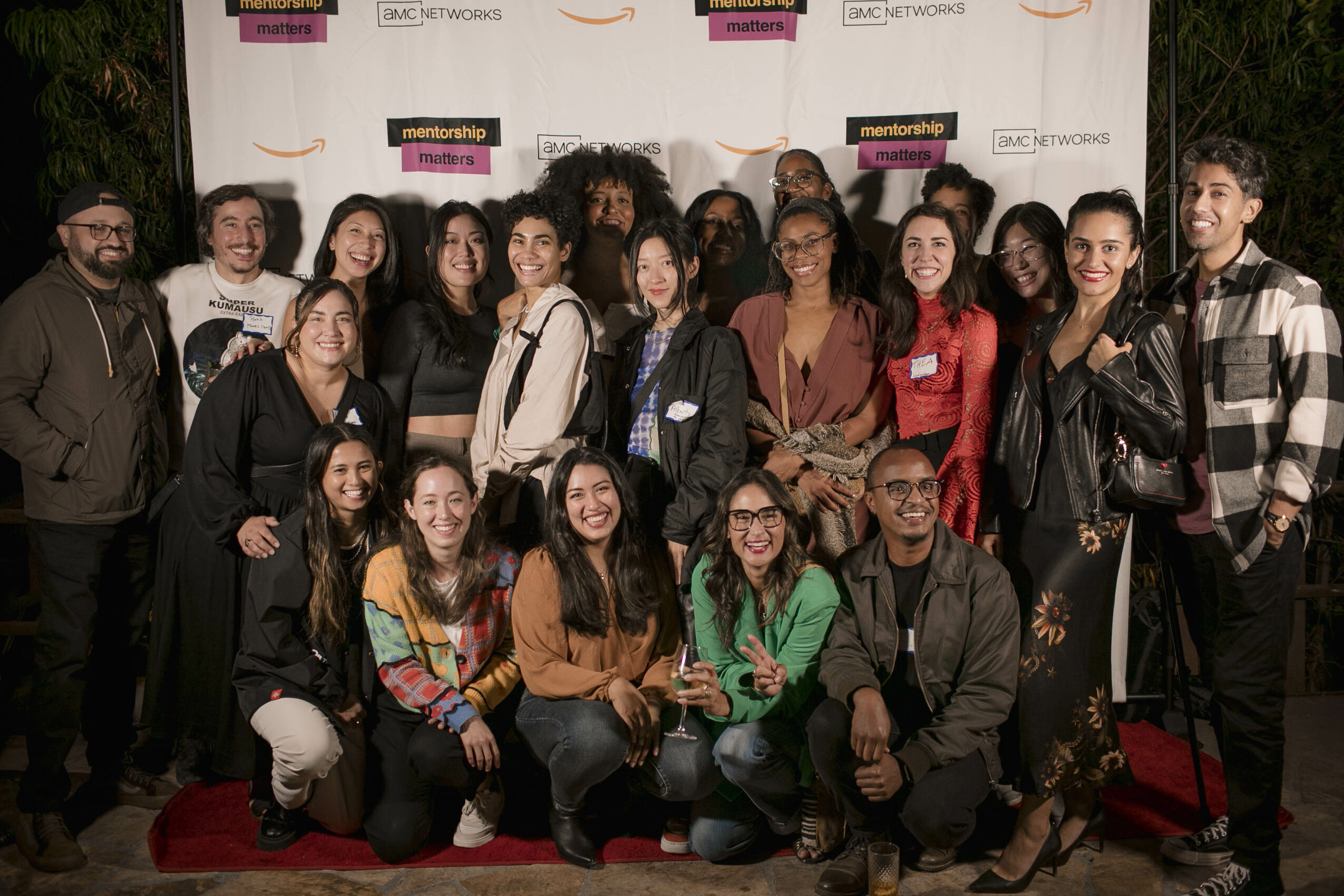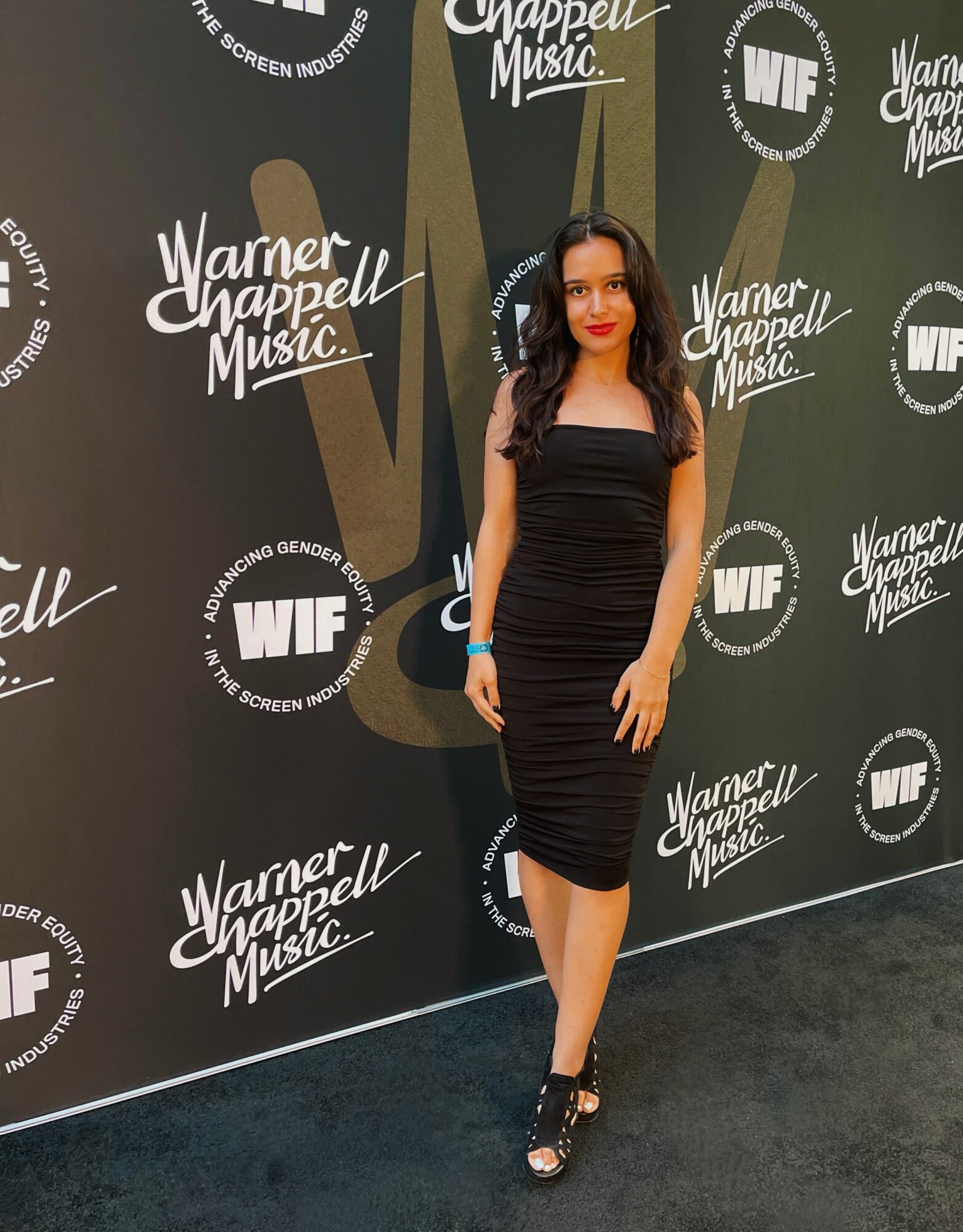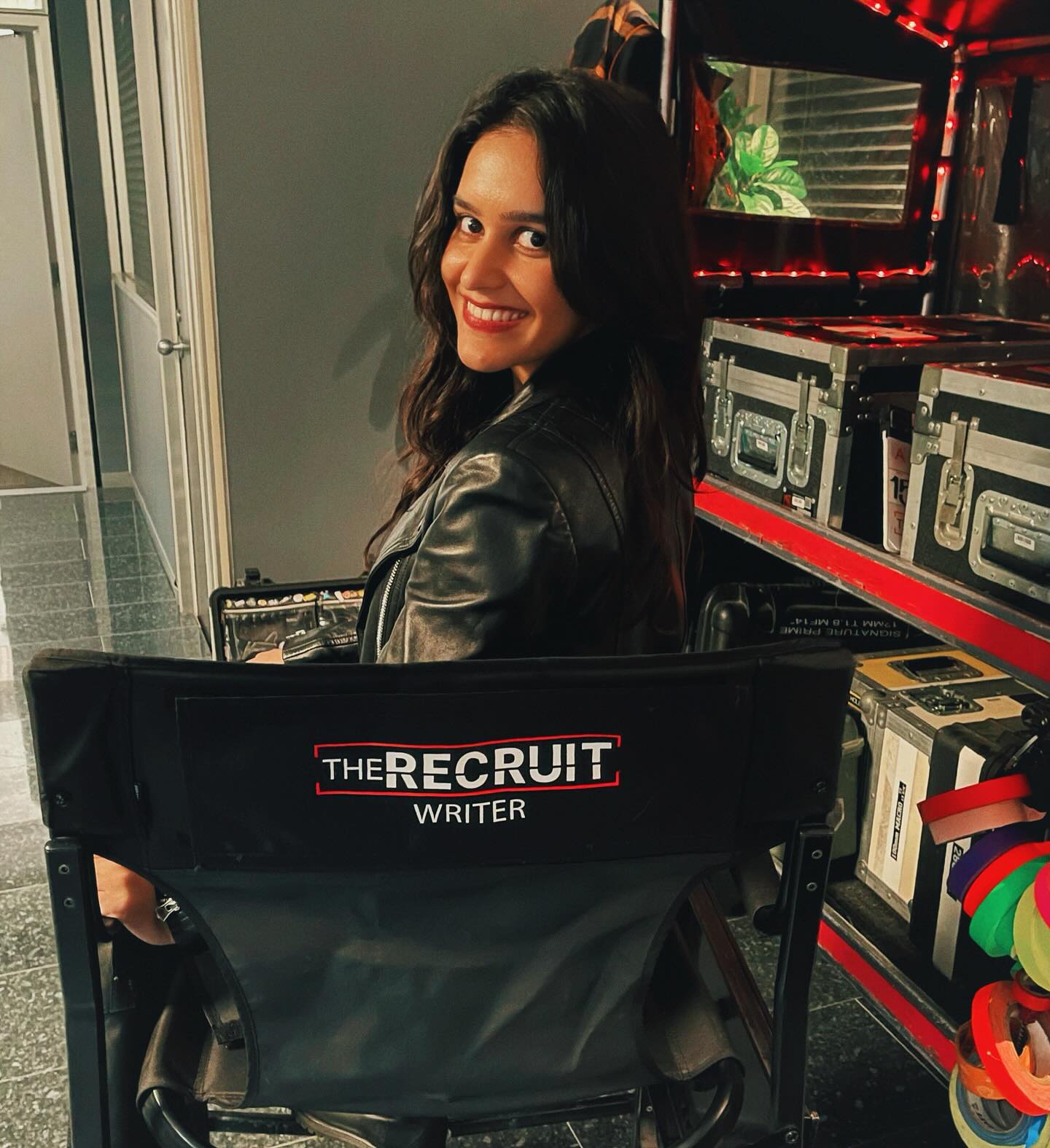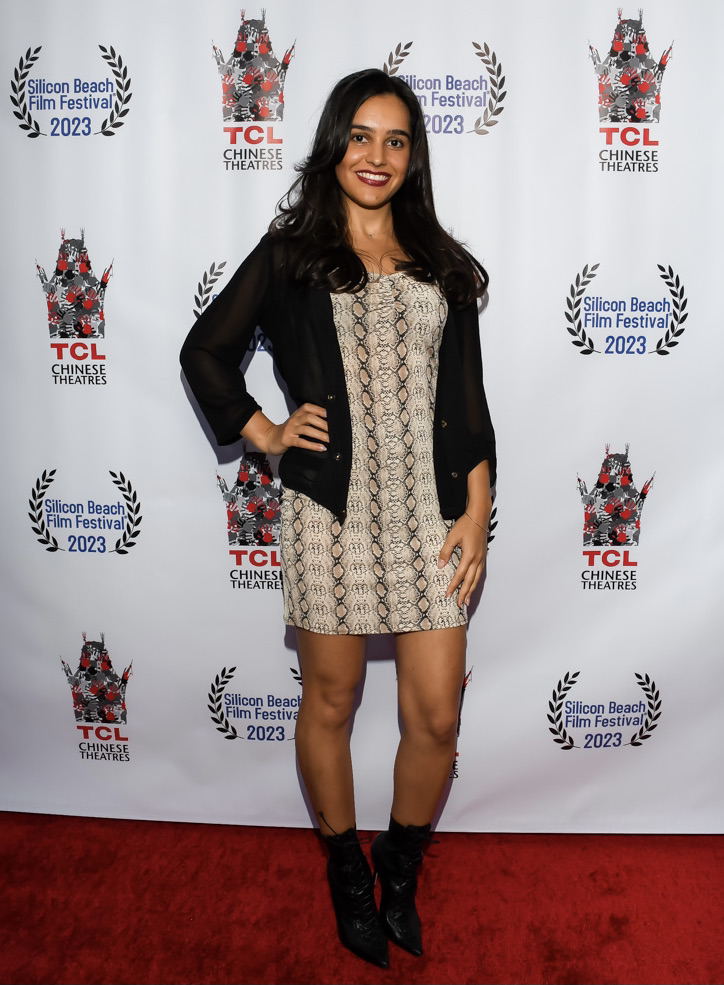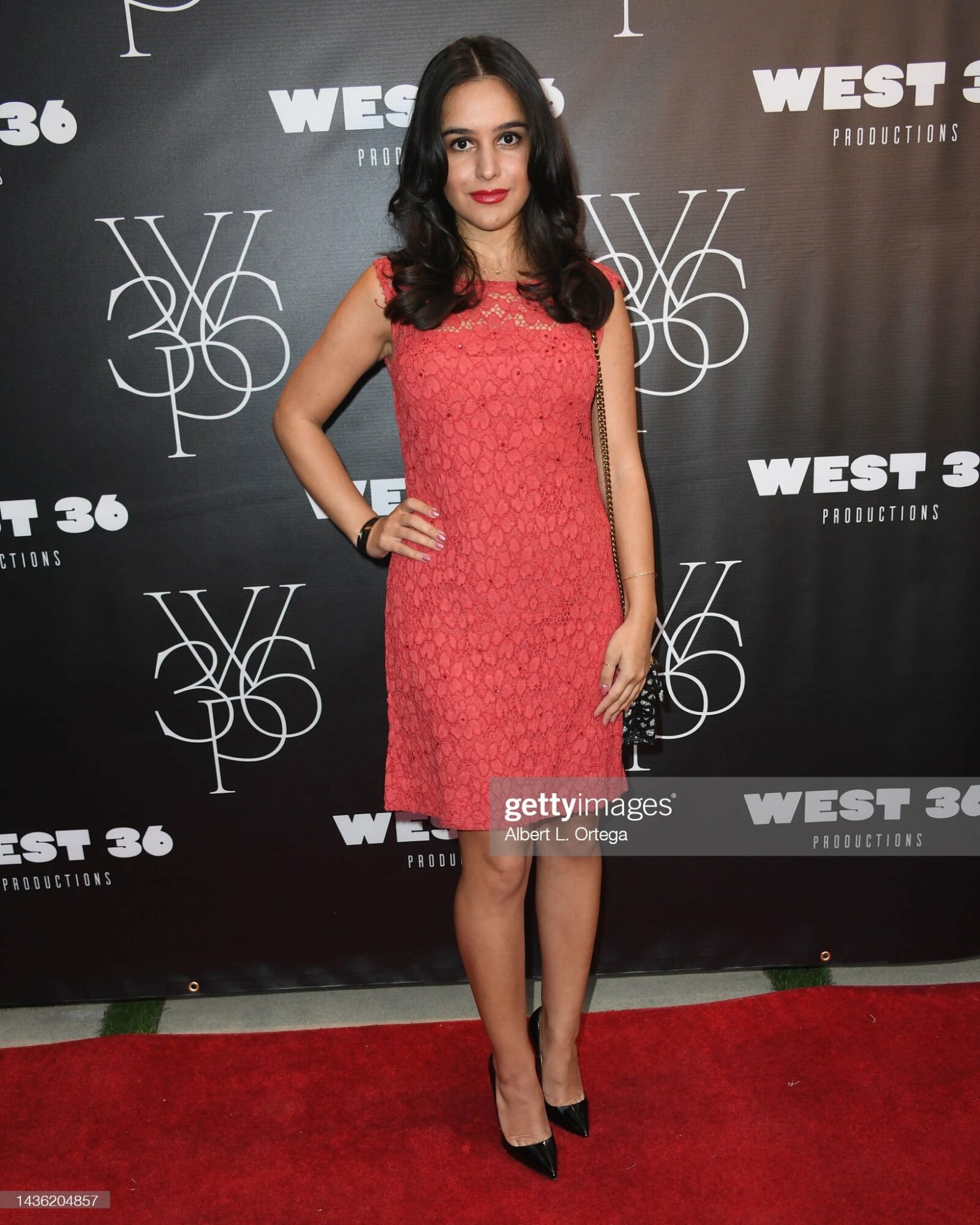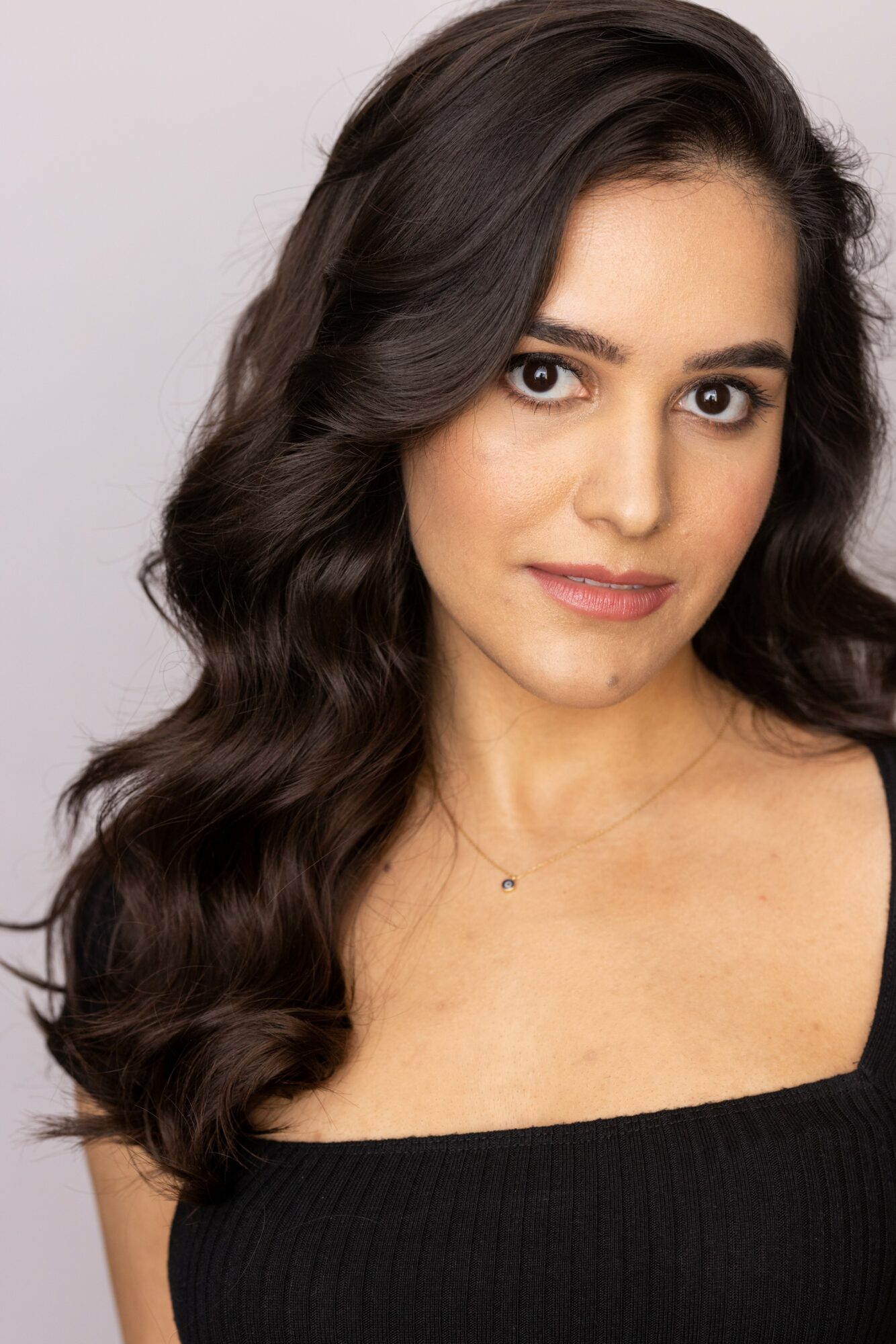

Neda Davarpanah shared their story and experiences with us recently and you can find our conversation below.
Neda, really appreciate you sharing your stories and insights with us. The world would have so much more understanding and empathy if we all were a bit more open about our stories and how they have helped shaped our journey and worldview. Let’s jump in with a fun one: What do you think is misunderstood about your business?
Everyone knows TV and film are team sports. But in our hyper-individualistic economy, it’s easy to lose sight of how collaborative the entertainment industry is. I’m a writer, actor, and producer. Breaking into these fields requires a lot of hard work and diligence, which can look like pulling an all-nighter to finish a new script, then waking up early to take an important meeting and turning around a self-tape the next day. L.A. is a fast-paced town and this industry is no exception. But we don’t have to go at it alone. Most of my jobs have come through relationships with peers and mentors that I’ve cultivated over the years. Many connections come through people you meet in social settings. A casual coffee can turn into a job down the line. It’s important to prioritize things that bring you peace, relationships that that fill your life with joy, and never lose sight of that as you pursue your career goals. It’ll make you a better, more well-rounded artist.
Can you briefly introduce yourself and share what makes you or your brand unique?
I’m an Iranian-American writer, actor, and producer, working primarily in TV and film. I’m a recent alumna of the Disney Entertainment Television Writing Program and am now a Staff Writer on the CBS/20th series Tracker.
Prior credits include the Netflix series The Recruit, and my feature film debut as an actress, Bird of Paradise. I’m thrilled to be working on Tracker, part of a team that includes talented, seasoned writers at the top of their game.
Great, so let’s dive into your journey a bit more. What relationship most shaped how you see yourself?
I’m lucky to have a close relationship with my mom. She raised me and my sister as a single mother and was always supportive of my dream to pursue a career in entertainment, which is rare for someone with no family ties to the industry. Because of her faith in me, I was able to study screenwriting at USC, which is a big reason why I’m here today. She’s not in the industry, but she has great taste and taught me how to cultivate mine. We started having in-depth conversations about movies and TV shows from the time I was very young, and I learned how to articulate why I liked something and why — and just as helpfully, why something didn’t work for me. I use these skills every single day as a writer-producer, and those skills in turn have helped me come into my own as an actress. My mom and I also have a lot in common personality-wise (which can definitely go both ways). But sometimes when we’re talking, I see my own expressions reflected back at me, and I’m sure she hears herself in my laugh. I have so much respect for her, and my relationship with her helps me grow as a person every day.
Was there ever a time you almost gave up?
Honestly, no. Even though it would’ve made all the sense in the world. I didn’t start working in a writers room until months after I graduated from USC, and during that period of waiting for my career to start, I felt like it never would. Fast-forward to the contraction in the industry that came after the 2023 strikes — that was a financially precarious time for many of us who were working support staff jobs or who were lower-level writers. It was scary, though the strikes were necessary to improve the conditions within the industry. Many left the industry after that, unable to hold out for better times due to the financial instability that’s baked into this system. Not everyone has the ability to stick it out during times like this. That’s something I’m trying to change by getting involved in organizing and collective action within the industry. We can make entertainment more equitable for all, so that everyone can afford stay in the game until their big break.
Alright, so if you are open to it, let’s explore some philosophical questions that touch on your values and worldview. What are the biggest lies your industry tells itself?
That success is a sign of merit. It can be, but it’s so much more complicated than that. I know some incredibly talented people who couldn’t afford to stick it out and had to pivot to other work. Talented, hardworking people can succeed if the right combination of luck and timing are present. The nature of our political economy ensures an uneven playing field, which benefits people of means. For the rest of us, cultivating genuine relationships with peers and mentors is all the more essential to a long and successful career. We can and should help each other pursue our dreams, and the reason I am where I am today is in large part thanks to the generosity of the mentors and friends I’ve met along the way, who believe that everyone should have the chance to succeed.
Before we go, we’d love to hear your thoughts on some longer-run, legacy type questions. Could you give everything your best, even if no one ever praised you for it?
This is something I’ve been very conscious of over the years, and I think being able to answer “yes” to this question is a true sign of success — which to me means contentment with oneself.
Contact Info:
- Website: https://nedadavarpanah.com
